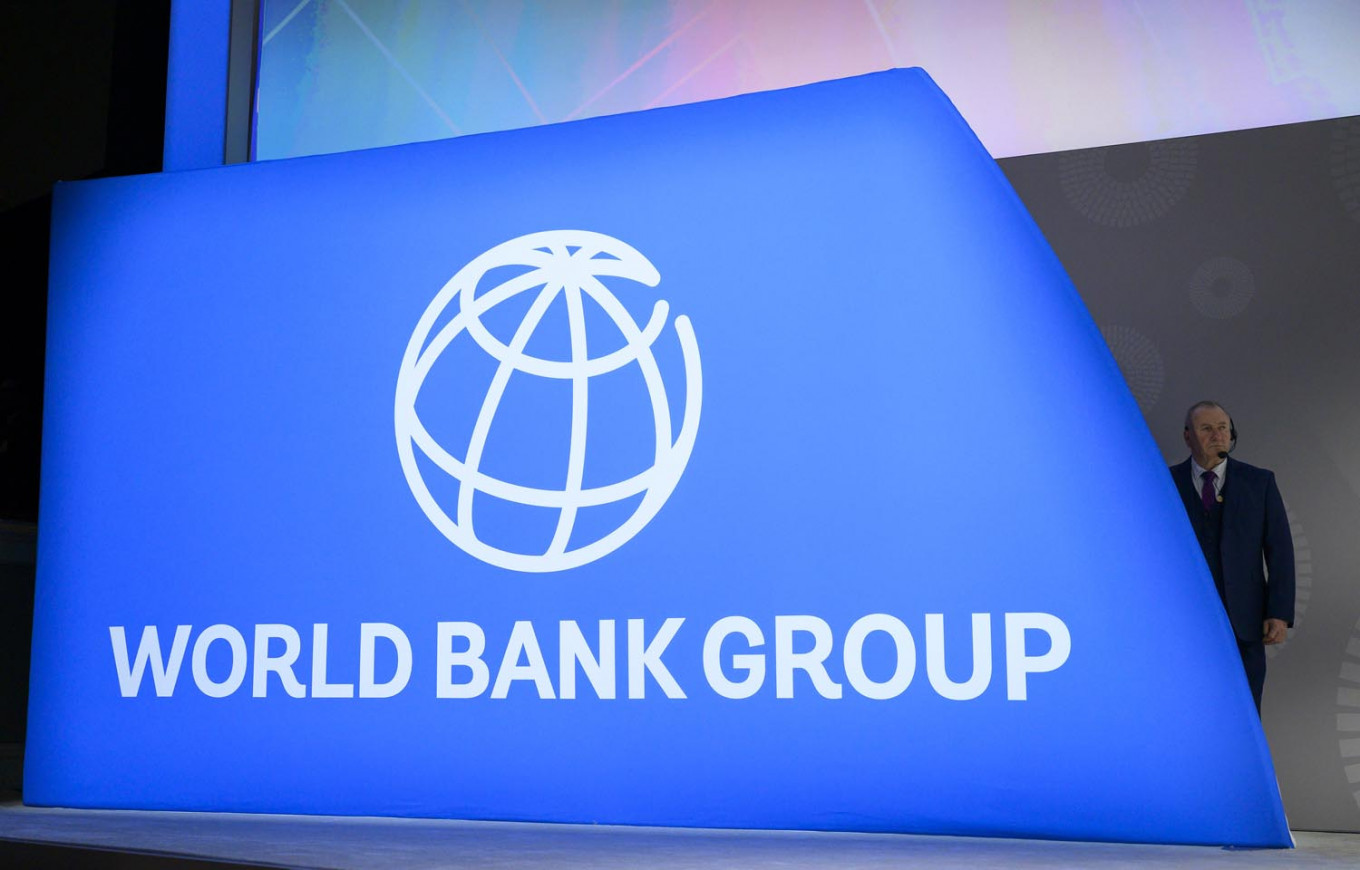Popular Reads
Top Results
Can't find what you're looking for?
View all search resultsPopular Reads
Top Results
Can't find what you're looking for?
View all search resultsWorld Bank urges govt to spend more on human capital
Change text size
Gift Premium Articles
to Anyone
T
he World Bank has advised Indonesia to increase its human capital spending and improve the quality of that expenditure as the country pushes for economic recovery.
World Bank lead country economist for Indonesia Frederico Gil Sander stated on Wednesday that developing the country’s human capital through education, social assistance, better health and nutrition should be the country’s highest priority and its main challenge going forward.
“Thinking about how the government spends on human capital is going to be especially important over the next three to five-year period as Indonesia both recovers from COVID-19 and tunes into becoming a high-income middle-class economy,” Frederico said during the World Bank’s webinar series “Indonesia Public Expenditure Review 2020: Spending for Better Results”.
The World Bank found that systemic constraints had hampered the effort to improve the Indonesian government’s public spending on human capital and in general, including coordination challenges across agencies and between government levels, as well as inadequate data and information systems.
For example, despite the government having increased education expenditure over the last few years to an allocation of Rp 508.1 trillion (US$35.6 billion) in the 2020 state budget, data and studies showed that it had translated into limited outcome for education quality.
The Organization for Economic Cooperation and Development’s (OECD) Program for International Student Assessment (PISA) 2018 report showed that Indonesian students scored poorly in science, reading and mathematics, ranking 73rd, 74th and 71st in those subjects out of 79 assessed countries and territories.
Meanwhile, the recipients of major subsidies were often the economically secure middle class rather than the poor and vulnerable, according to Juul Pinxten, a World Bank’ social protection specialist.
According to World Bank data, from state subsidies for liquefied petroleum gas (LPG) and electricity amounting to Rp 54 trillion and Rp 48 trillion, respectively, in the 2018 state budget, the poor and the vulnerable only received 15 percent and 22 percent.
“The main message is that Indonesia can certainly spend more and can spend better,” Pinxten stated.
However, there has been a shift toward more targeted and hence pro-poor programs, as indicated by a decline in the rice assistance program (Rastra) and a transition to noncash food assistance (BPNT), he added.
In response to the pandemic, the government has earmarked Rp 695.2 trillion in funds to cushion the impact of the outbreak, with Rp 87.55 trillion allocated for healthcare and Rp 203.9 trillion for strengthening social safety nets.
Meanwhile, the World Bank also stated that it found inefficiency in the healthcare sector, particularly with regard to hospital spending in relation to the National Health Insurance (JKN).
Launched in 2014, the Healthcare and Social Security Agency (BPJS Kesehatan), which manages the JKN, covered about 224 million Indonesians as of February, or more than 80 percent of the population.
“It is estimated that between 5 and 11 percent of total hospital spending is inefficient,” World Bank senior economist Reem Hafez said.
She added that the yield of efficiency measures in the healthcare sector could be between Rp 4 trillion and Rp 8 trillion, or even more.
The healthcare sector could also benefit from a strengthening of governance and accountability by introducing an annual sector review and investing in health information systems to improve monitoring and evaluation, Hafez stated.
BPJS Kesehatan has been battered by deficits, totalling Rp 13 trillion last year, that has led the government to issue a presidential regulation to almost double JKN premiums in early May.
Kalsum Komaryani, the head of the Health Ministry's center for health insurance and financing, stated on Wednesday that the JKN deficit contributed to the problem.
Although the deficit decreased to less than Rp 2 trillion by mid-June, she acknowledged that there was more to be done to improve the management of JKN.
“We will reshape the benefits package, set standards for hospitalization. We need to finish our clinical guidelines and strengthen our referral system,” Kalsum noted.
Meanwhile, Elan Satriawan, who heads the National Team for Accelerating Poverty Alleviation’s (TNP2K) policy working group, said improvement of the social assistance delivery system was needed particularly amid the pandemic.
“We have been discussing expanding the coverage of the [social assistance recipients] as the current situation indicates that 60 percent of the population [now fall into the category of] vulnerable people,” Elan said.
The government expects 4 million more people to fall below the poverty line this year due to the health crisis, making for a total of 28 million people in poverty in the nation, or around 10.6 percent of the population, up from 9.2 percent in September last year.










